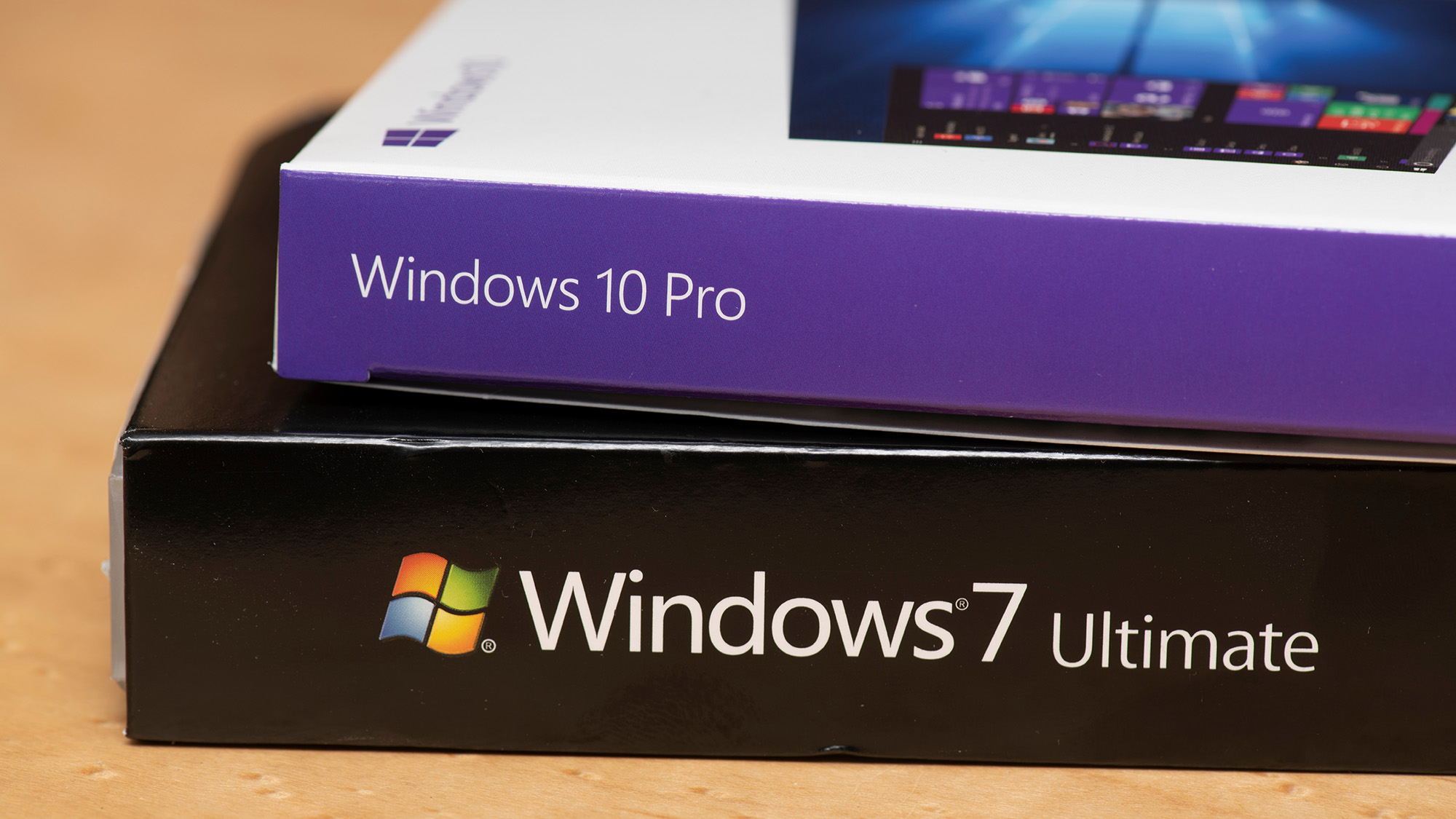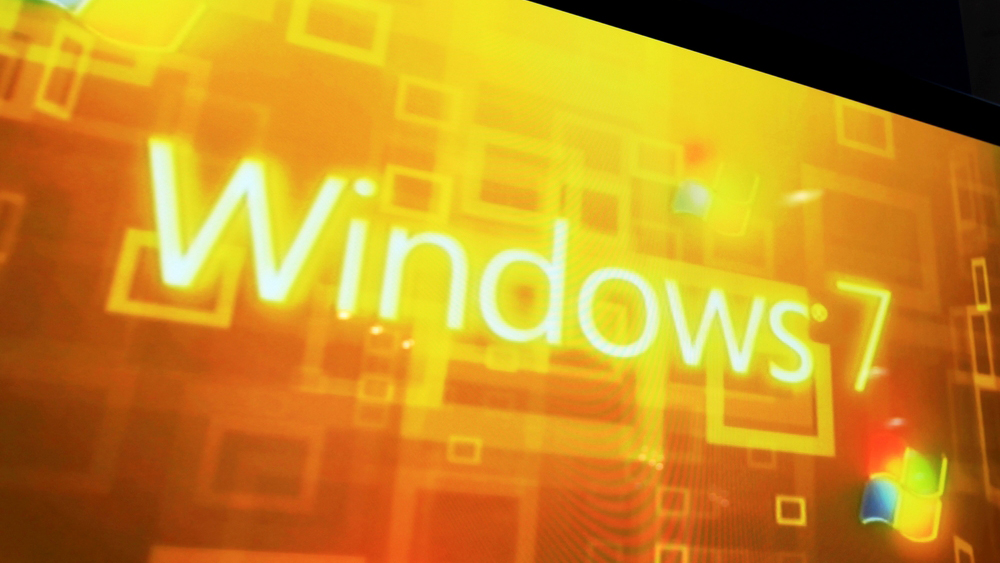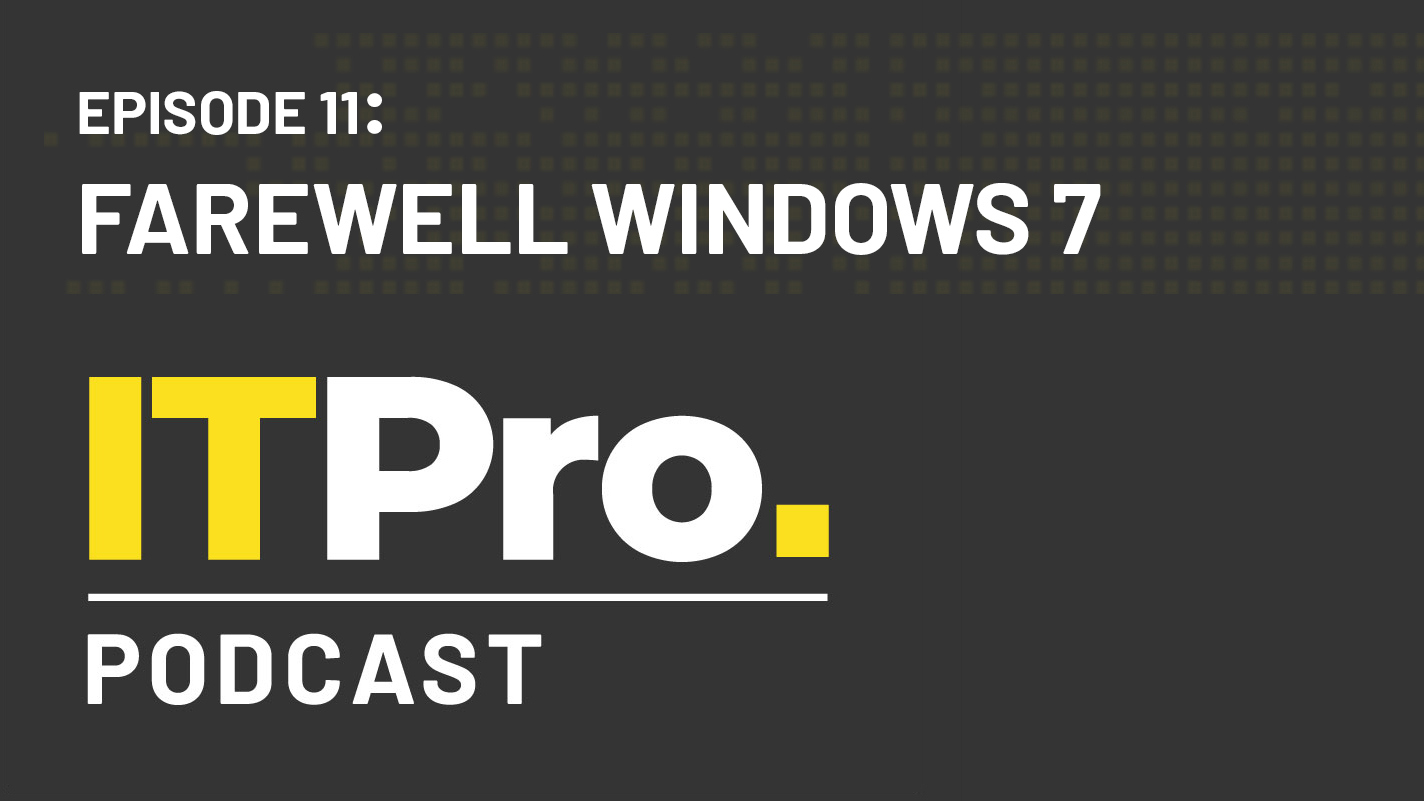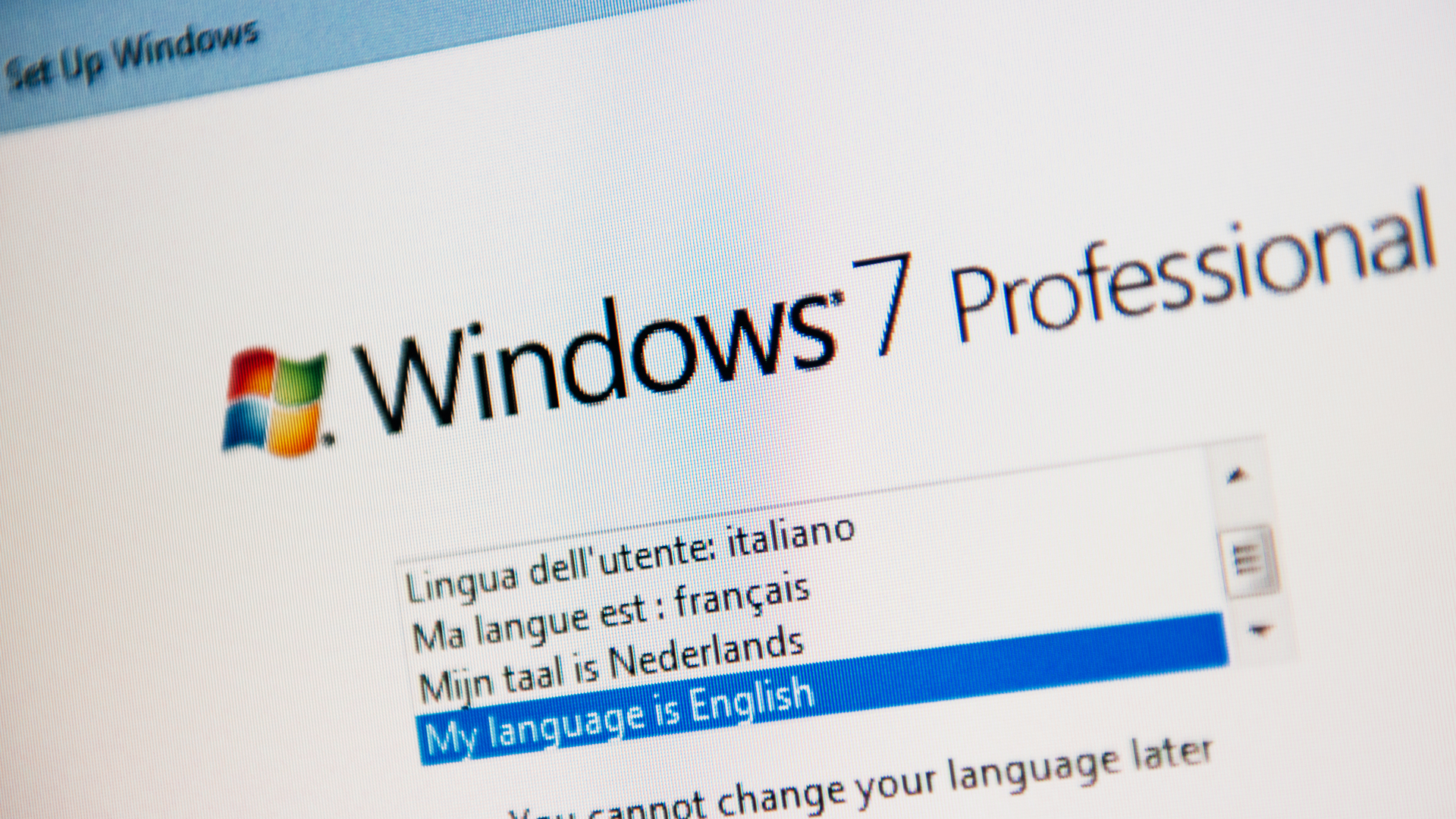Week in Review: The future of Britain is digital
Digital investment, job cuts and a Microsoft Windows 7 love-in.

The interim Digital Britain report dominated the thinking of the UK's top technology and media leaders, as Lord Stephen Carter outlined a strategy of where Britain's digital future lies.
The one big headline-making recommendation (which had already been leaked out anyway), was that broadband for all was going to be a universal service commitment at a speed of 2Mb/s.
That may sound small, but it is enough to stream video, and Lord Carter was very clear that he wanted telecom companies to view this as the absolute minimum they should be aiming for.
However, perhaps of more concern to businesses rather than consumers was the government's future role in the creation of a next generation broadband network.
There is probably no question of a major investment in the short term, but more of a wait and see attitude where BT, Virgin Media and the other smaller fibre optic companies furrow their own paths. However by the time of the full report, we'll be a little bit more clear on where public money might go.
The tech geeks seem to be salivating over Microsoft's Windows 7 even though it hasn't even left beta, with IT PRO's technology editor Benny Har-Evan singing its praises when he was one of the first to take a look at the download.
He isn't the only one who loved it though, and this has caused Microsoft to give a second extension to the beta download deadline. After the negativty of the IT community towards Vista, this looks to be a welcome fillip for Microsoft IT PRO has already commented on Microsoft's attempt to be a lot more public friendly.
Get the ITPro daily newsletter
Sign up today and you will receive a free copy of our Future Focus 2025 report - the leading guidance on AI, cybersecurity and other IT challenges as per 700+ senior executives
There are job cuts going on everywhere, and the recession is the reasoning the big tech companies are using for mass redundancies. However this doesn't help the people who will be out of work, and companies like HP are likely to be facing increasing protests as a lot of angry unemployed people start to take to the streets.
It's one thing with the London Underground and its predictable strike action over cuts, but tech workers rebelling over their ex-employers need to keep their profits is quite another. This is one story that everyone involved in IT business will need to keep an eye on.
-
 AI is helping bad bots take over the internet
AI is helping bad bots take over the internetNews Automated bot traffic has surpassed human activity for the first time in a decade, according to Imperva
By Bobby Hellard
-
 Two years on from its Series B round, Hack the Box is targeting further growth
Two years on from its Series B round, Hack the Box is targeting further growthNews Hack the Box has grown significantly in the last two years, and it shows no signs of slowing down
By Ross Kelly
-
 Microsoft angers admins as April Patch Tuesday delivers password feature without migration guidance
Microsoft angers admins as April Patch Tuesday delivers password feature without migration guidanceNews Security fixes include a zero day exploited by a ransomware group and seven critical flaws
By Connor Jones
-
 Managing a late migration
Managing a late migrationOpinion When it comes to moving from Windows 7 to Windows 10, it's better late than never
By Jon Honeyball
-
 How to set up a Windows 7 emulator for Windows 10
How to set up a Windows 7 emulator for Windows 10Tutorials A complete guide for setting up a Windows 7 emulator for Windows 10 so you don’t lose access to your apps
By Nik Rawlinson
-
 The autopsy of Windows 7
The autopsy of Windows 7In-depth Report of a postmortem examination
By Chris Merriman
-
 The IT Pro Podcast: Farewell Windows 7
The IT Pro Podcast: Farewell Windows 7IT Pro Podcast We reflect on the legacy of one of Microsoft's most enduringly popular operating systems
By IT Pro
-
 Windows 7 ends: what do you do next?
Windows 7 ends: what do you do next?In-depth From SMBs to big business and individuals, after 10 years it's time to move on from Windows 7
By Jon Honeyball
-
 Windows 7 end of life: What to do if you haven't upgraded yet
Windows 7 end of life: What to do if you haven't upgraded yetIn-depth Microsoft has now officially moved Windows 7 to end of life, meaning it's no longer a viable business platform
By Dale Walker
-
 Windows 10 vs Windows 8.1 vs Windows 7 - Microsoft OS head-to-head
Windows 10 vs Windows 8.1 vs Windows 7 - Microsoft OS head-to-headVs We pit Microsoft's most popular operating systems against each other to see which is the greatest of all time
By Mike Passingham